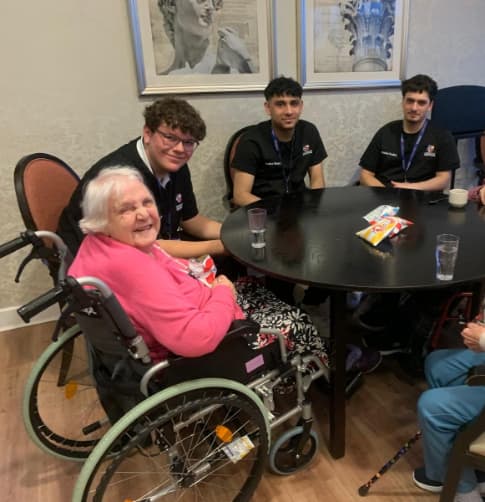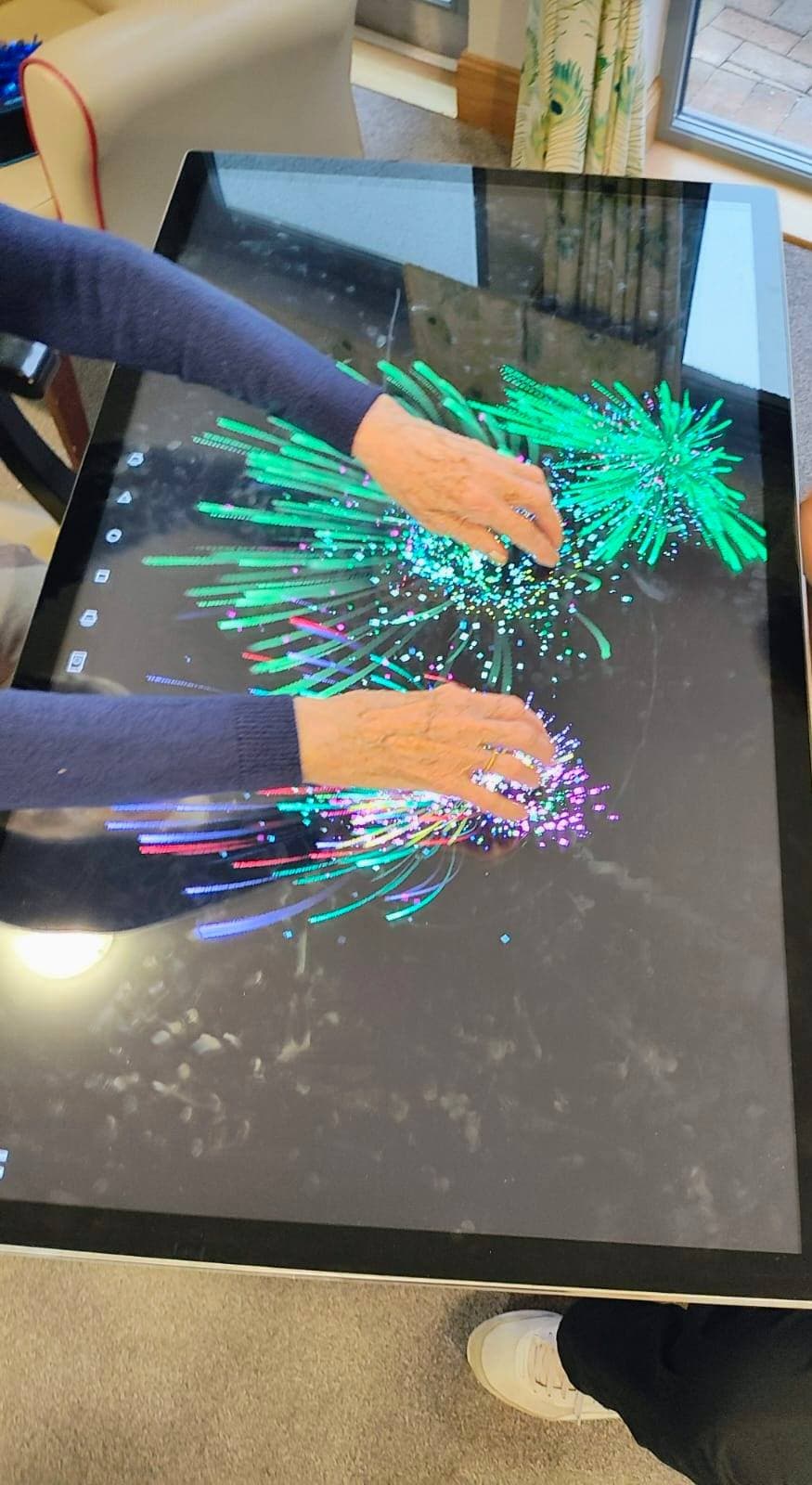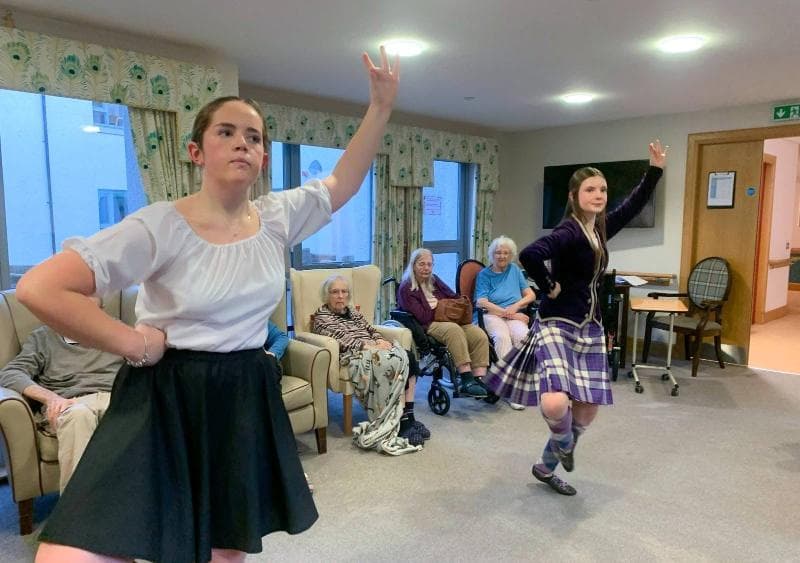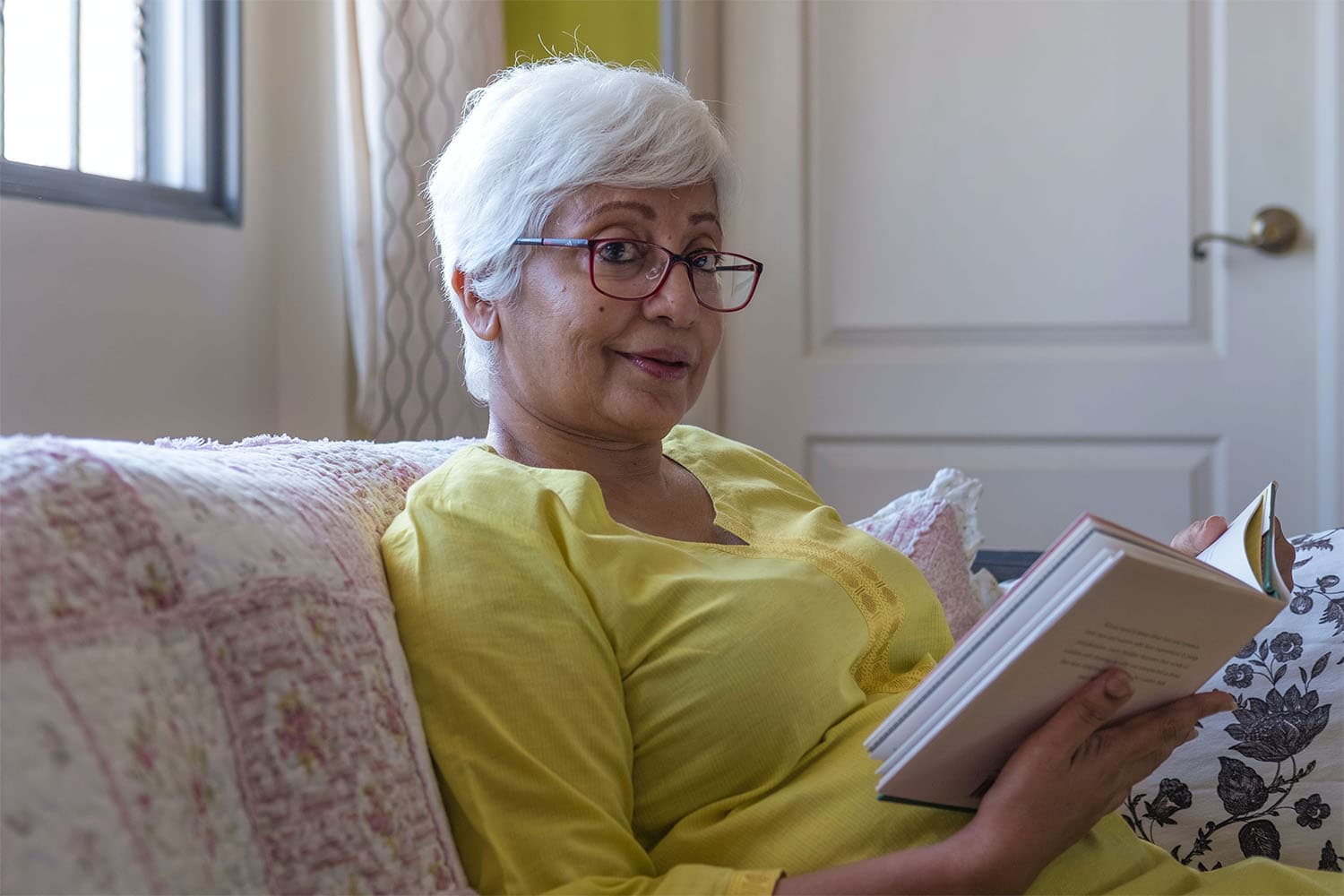The Importance of a Personalised Dementia Care Plan

Dementia affects everyone differently, and as a result, a one-size-fits-all approach simply isn’t effective. Care homes should treat the whole person, not just their symptoms. Person-centred care shifts the focus toward understanding and respecting the person’s lived experience, building a compassionate care plan that is tailored to their dementia diagnosis.
According to Dementia UK, recognising the specific challenges and needs associated with Alzheimer's disease and other types of dementia helps care home staff create more effective and supportive care plans. This personalised care approach ensures that individuals receive the best possible care that helps them maintain their sense of self and enjoy meaningful connections with others for as long as possible.
Understanding Dementia
Dementia is a complex and multifaceted condition that affects millions of people worldwide. It is so important to understand the basics of dementia to provide effective support and care. Dementia is a broad term that describes a decline in cognitive function, including memory loss, difficulty with communication, problem-solving, and judgment. Alzheimer’s disease is the most common type of dementia, accounting for 60-80% of cases. However, there are other types of dementia, such as vascular dementia, Lewy body dementia, and frontotemporal dementia.


Person-Centred Care for People with Dementia
Person-centred care is about treating people as individuals first and foremost, recognising their personal histories, interests, and values. Unlike traditional medical models that focus on treating the symptoms of dementia, person-centred care understands that people are more than just a set of medical conditions. We all have emotional, social, and psychological needs and this care model is all about giving individuals a voice in their care process, ensuring their preferences are heard and respected. Understanding how the person prefers to be addressed, along with their likes and dislikes, is so important in providing person-centred care. Whether it’s their favourite music, preferred daily routine, or even a hobby, these elements are incorporated into their care to promote dignity, comfort, and joy.
Creating Personalised Activities to Promote Wellbeing
One of the key components of a personalised dementia care plan is the inclusion of activities that meet with the person’s individual interests. So, activities aren't chosen arbitrarily; they are designed to engage the resident in meaningful and beneficial ways. Activities like puzzles, music therapy, art, or light physical exercises can profoundly affect cognitive stimulation and emotional well-being.
Encouraging individuals with dementia to join social groups can help combat isolation and promote a sense of belonging. Beyond the expected cognitive benefits, group activities can be particularly helpful in building emotional connection and creating positive social interactions. For example, group activities that involve reminiscence therapy allow residents to recall memories from their past in a safe and supportive environment, which can spark conversations and feelings of connectedness. This aspect is especially important because dementia often leads to feelings of isolation and frustration. Engaging in activities gives carers the opportunity to provide emotional support, which in turn can alleviate some of these negative emotions.
Supporting Social Interaction After a Dementia Diagnosis
Supporting existing relationships is a vital aspect of maintaining a sense of identity and community for individuals with dementia. Dementia care is not solely about managing cognitive decline; it also involves nurturing emotional well-being and fostering social connections. A personalised care plan often includes structured opportunities for social interaction, which is a vital aspect of maintaining a sense of identity and community. Social activities like group games, shared meals, or even organised trips to familiar places can significantly enhance the quality of life for those with dementia. In these settings, residents can connect with others, share experiences, and engage in conversations that help combat feelings of isolation.
Cognitive stimulation is equally important in dementia care. Activities that challenge the brain, such as memory games or problem-solving tasks, are included in a personalised care plan to help maintain cognitive function. These activities are often selected based on the individual’s interests and abilities, ensuring that the challenges are both stimulating and achievable. This tailored approach prevents frustration and promotes a sense of accomplishment, reinforcing the person’s self-worth.



Reminiscence Therapy for Someone with Dementia
A vital aspect of many personalised dementia care plans is reminiscence therapy, which plays a crucial role in connecting individuals with their past. Reminiscence therapy involves discussing past experiences, often prompted by familiar objects, photos, music, or scents. These stimuli can evoke memories that are emotionally significant and help those with dementia reconnect with their identities. Sharing these memories can be a source of comfort and joy, as well as an opportunity to build deeper relationships with caregivers and fellow residents.
Through reminiscence therapy, individuals with dementia are encouraged to engage in conversations about their lives, which can reinforce their sense of self and help maintain existing relationships by encouraging them to share memories with family and friends. It also provides caregivers with insights into the person’s history, helping them to better understand their needs and preferences. This form of therapy has been shown to reduce agitation, improve mood, and increase overall well-being.
Giving Carers the Tools to Succeed
A personalised dementia care plan also supports caregivers by giving them a clear framework to follow that is specifically designed for the individual they are caring for. This ensures that the person with dementia receives the best possible care and carers can provide more meaningful, individualised support. This level of detailed attention to an individual’s needs creates a more rewarding caregiving experience and leads to better outcomes for both the carer and the person with dementia.
Personalised Care at Rubislaw Park Care Home
To find out how Rubislaw Park Care Home in Aberdeen incorporates person-centred care and opportunities for social interaction in our new Dementia Unit, please get in touch to arrange a tour.





